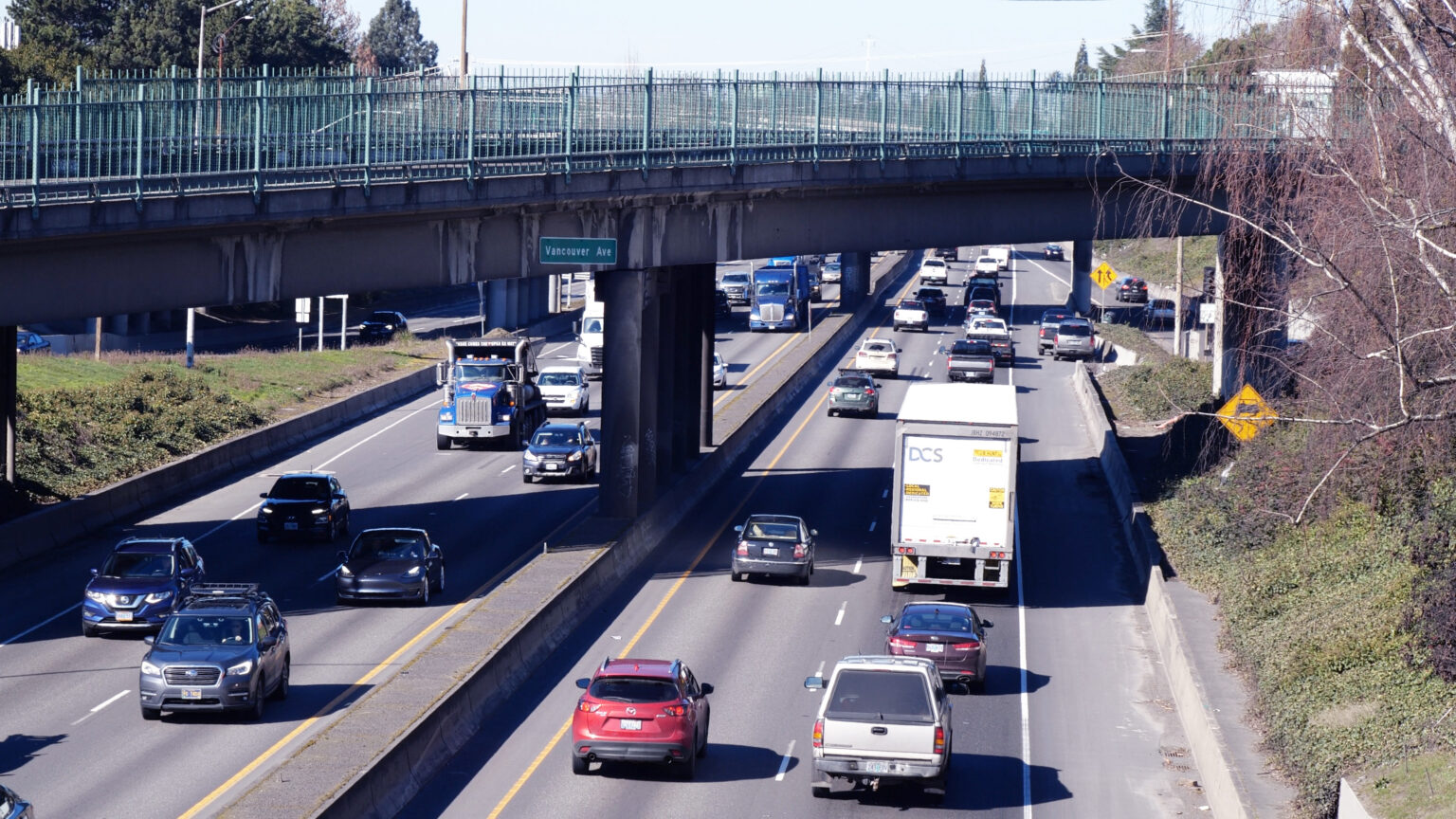Capitol Chatter: Few policymakers engaged in long-term solutions vs short-term gains
Published 5:00 pm Thursday, December 30, 2021

- Capital Chatter square logo
Oregon remains a curious state as we enter 2022.
Most of the state comprises a mix of small towns, rural areas and frontier landscapes. Yet a new governor can be elected, a statewide ballot measure passed or state legislation enacted without these rural residents having much of a say.
Amid that dominance of urban voters and big-city political interests, not to mention the economic stagnation felt in wide swaths of rural Oregon, is it any wonder that rural residents feel aggrieved and left behind? Yet for the state to prosper, rural Oregonians are just as critical, just as relevant, as their urban cousins.
Oregon seems unable, or unwilling, to address these paradoxes. Most Oregonians share the same core values, including family, good health, educational and economic opportunity, and a deep love for our landscape. Yet we, copying the rest of the country, have settled for a political system that focuses on short-term, partisan wins and losses instead of long-term, mutual goals that serve the common good.
This arrangement primarily benefits politicians and special interests who have a vested interest in gaining short-term victories – getting elected, building resumes and reaping donations. How do we turn the conversation toward bringing Oregonians together, regardless of place or politics? How do we collaboratively create and commit to long-term strategies that invest in an economically, environmentally and socially healthy Oregon instead of short-term fixes that pick winners and losers?
Few policymakers seem engaged in those questions. But some Oregonians are trying to change that dynamic. One is former Gov. John Kitzhaber. I spoke with him this week and asked permission to share some of his recent writing that had resonated with me.
“We have allowed ourselves to become increasingly defined by our differences and, as a result, our politics have become reactive and deeply transactional,” Kitzhaber wrote in a not-yet-published essay. “Each legislative session and budget cycle seem to operate almost in isolation from one another — from what came before and what must come next — with the only certain thing linking the policy and budget decisions of one session with another being the intervening, and increasingly toxic, election cycle.”
In a newspaper guest opinion, Kitzhaber wrote about the societal rifts that have emerged in once-close-knit communities such as Roseburg, where he was an emergency room physician for years:
“[T]he problem is rooted, at least in part, in the long-term economic challenges faced by many rural communities, and in a sense of isolation from the political power centers in the more urban parts of the state. Economic struggle and isolation have been the daily experience of many people in rural Oregon, and they preceded the pandemic by many years. Add to this the intersection of state mandates with a group of people who do not react well when ‘told what to do’ by someone from outside — and you have the formula for anger, frustration and division.”
In a piece this week on LinkedIn, he wrote: “Unbundling the complexity of the health care system starts with a question. Are we trying to ensure that everyone has access to health care? Or are we trying to ensure that everyone is healthy? This question is foundational because how we answer it defines the rest of the conversation.”
Kitzhaber’s point was that the health debate primarily has been framed around lack of access to care instead of the greater question of how to ensure Americans are healthy. Access is but one aspect.
Such too-narrow questions are found throughout politics and public policy. For example, the Legislature’s perennial school-budget debate revolves around whether a certain dollar amount is deemed adequate — not whether the money is being spent effectively and in the most essential long-term areas. When there are so many immediate needs, it is difficult to find the political fortitude for making long-term strategic investments.
Yet there are successes. One dear to my heart is the Marion County program that prepares individuals to make a successful return to society upon release from prison or jail. The county initiative has strong support from local business leaders and politicians because of its demonstrated return on investment. Helping people find housing, employment and other supports is less costly and more beneficial to the community than if the individuals reoffend and return to prison.
When Kitzhaber and I talked this week, our conversation was not about partisan politics. None of this “who’s right and who’s wrong.” Rather, it was about how can Oregonians re-establish a shared identity so we can collectively begin to tackle the big issues. From political campaigns to legislative discussions, how can we insert the question of, “What should Oregon look like in eight or 10 years, and what concrete steps are necessary to get there?”
I don’t pretend to have the answers. I hope they will arise through small conversations that become big conversations. … Conversations by Oregonians who put shared values ahead of politics.
“Salem’s success at the Legislature in recent years reflects a concerted effort to rebuild Capitol relationships.”





